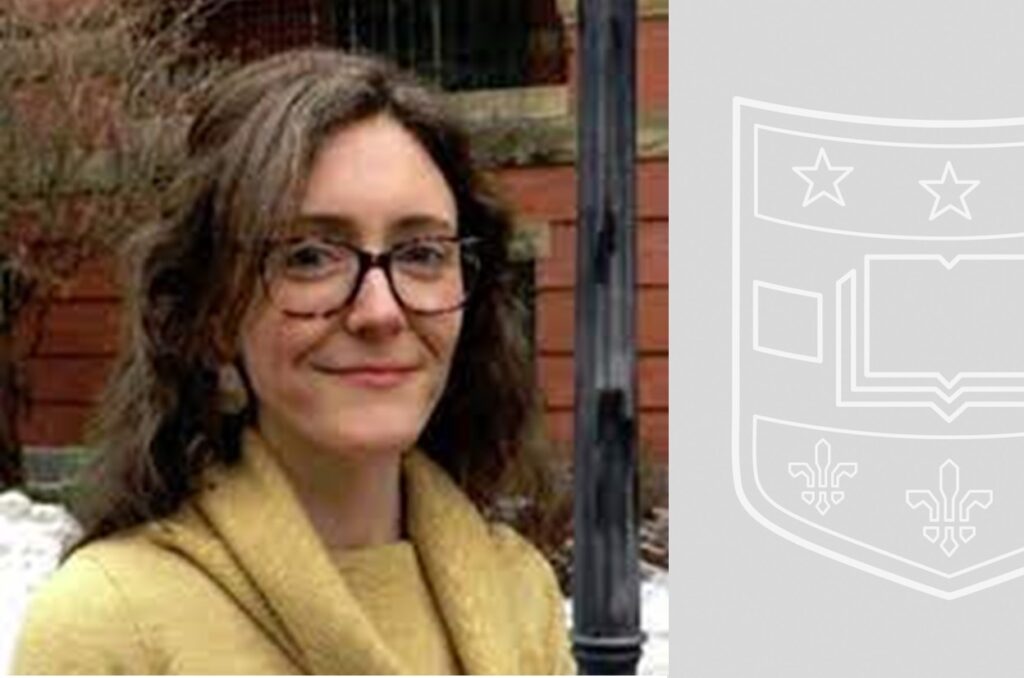Lindsay Underhill is an environmental epidemiologist whose research focuses on policy-driven interventions that aim to reduce health disparities in low-resource populations in the United States and low- and middle-income countries (LMICs). In particular, her work has employed a diverse set of analytical methods—from geographic information system (GIS) analysis, field-based exposure assessment, and building simulation modeling—to examine novel associations between air pollution and other environmental exposures and chronic non-communicable diseases (NCDs) following built environment and behavioral interventions. A special focus of Underhill’s work is elucidating the role that geography plays in the development and management of NCDs at the population level. Her research has explored the impacts of transportation and energy networks on indoor and outdoor air pollution exposure as well as how the geographic accessibility of health care facilities can influence the success of environmental health interventions. More recently, she has explored the role that GIS can play in implementation science research, such as using GIS to identify geographical barriers and facilitators influencing the implementation and scale-up of public health interventions in LMICs.
Dr. Underhill received a PhD in Environmental Health from the Boston University School of Public Health and completed a Postdoctoral Fellowship at the Johns Hopkins School of Medicine and an NIH Fogarty Global Health Fellowship in Peru. As a member of the Johns Hopkins University Global Non-Communicable Disease Research and Training Center, she has conducted over 3 years of in-country research in Peru, including work for the Genetics of Asthma and Susceptibility to Pollution (GASP) in Lima, Peru; the Household Air Pollution Intervention Network (HAPIN) trial in Guatemala, India, Peru, and Rwanda; and the Addressing Hypertension and Diabetes through Community-Engaged Systems in Puno, Peru. Currently, Underhill is an Instructor in Medicine at the Washington University School of Medicine. Key interests are environmental epidemiology, chronic non-communicable disease research, geospatial analysis, implementation science, air pollution exposure assessment. Research areas are examining the impact of built environment, behavioral, and health systems interventions on air pollution exposures and chronic non-communicable disease, including hypertension, and elucidating the influence of geographic factors, such as proximity to health care resources and environmental exposures, on the implementation and scale-up of intervention outcomes.
